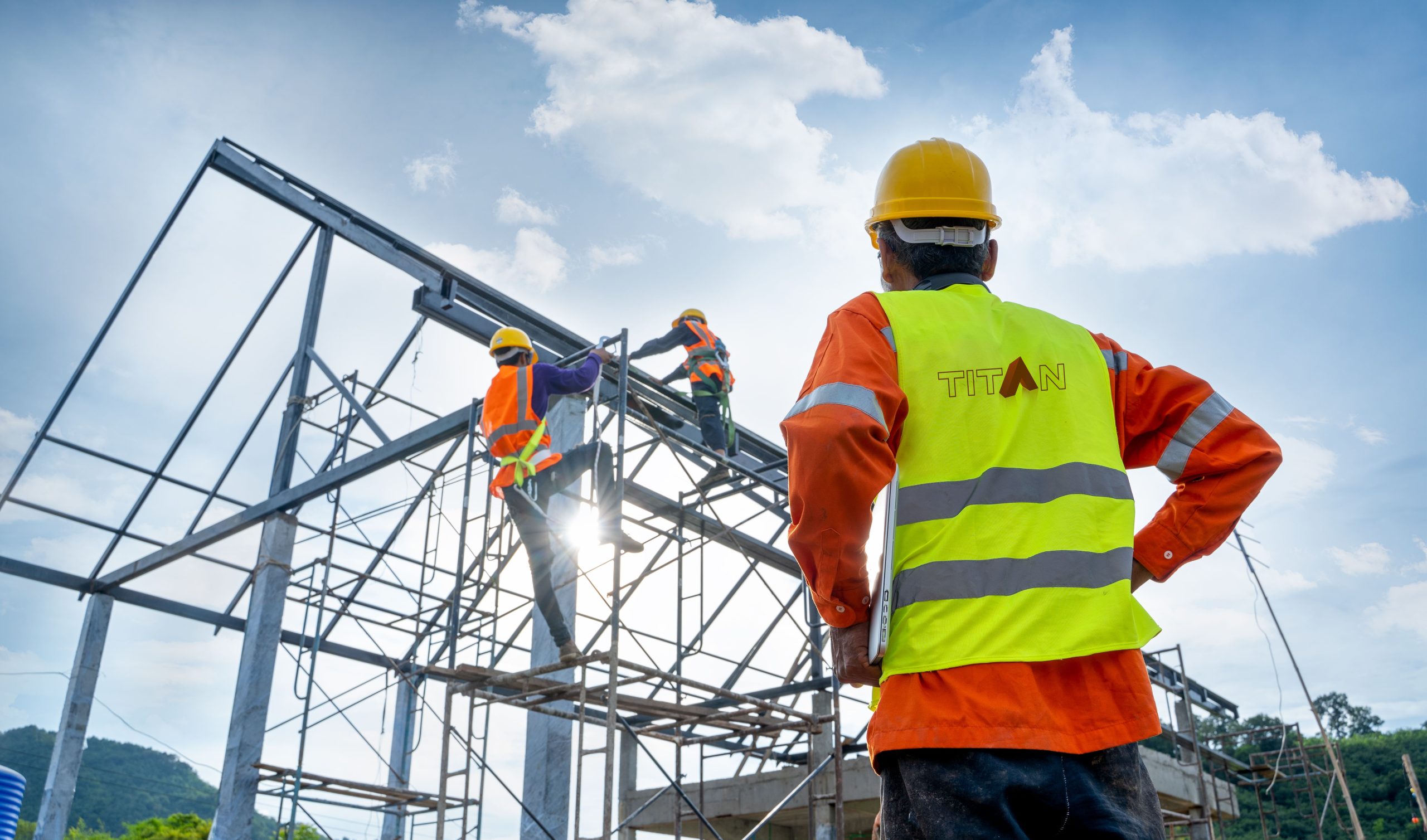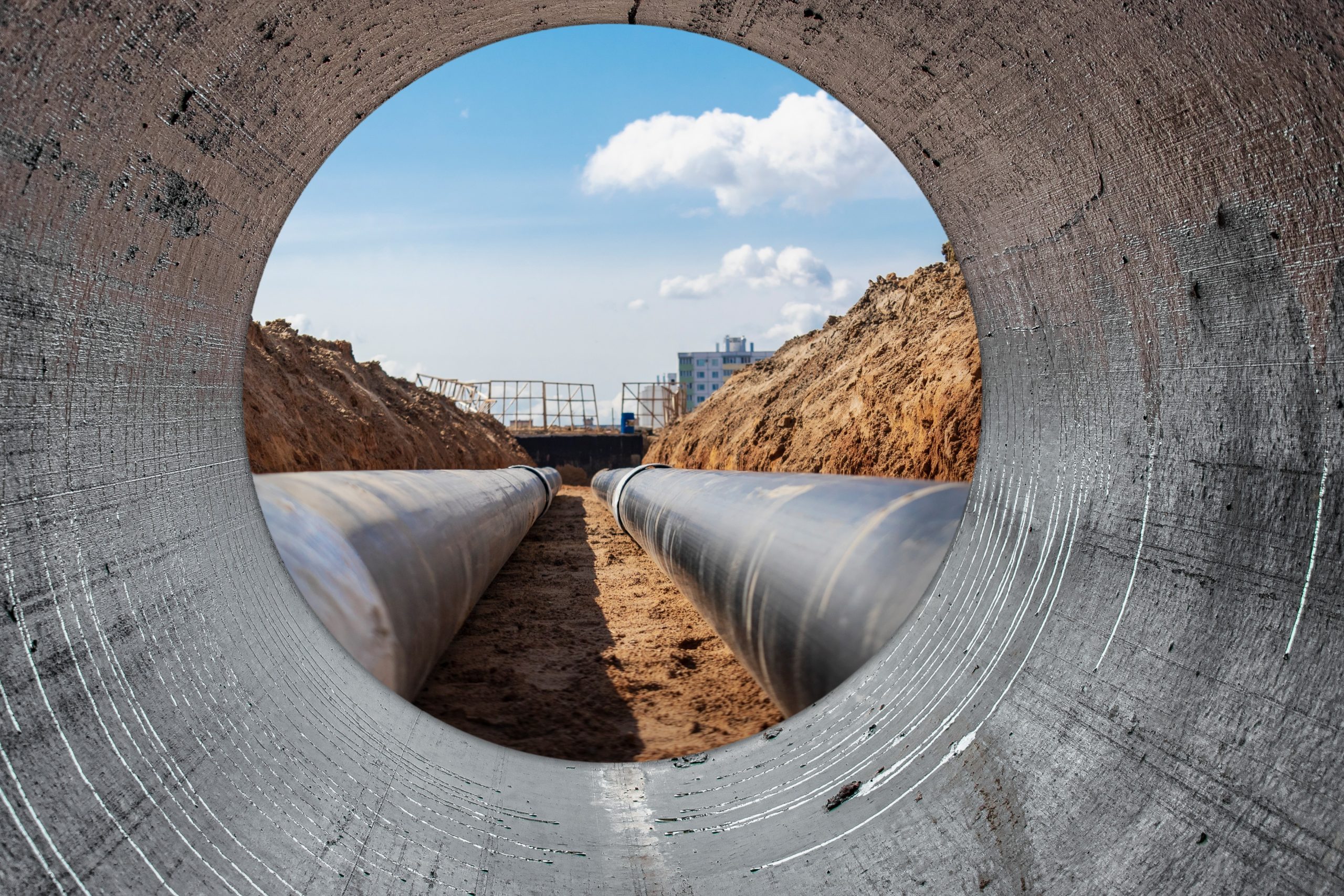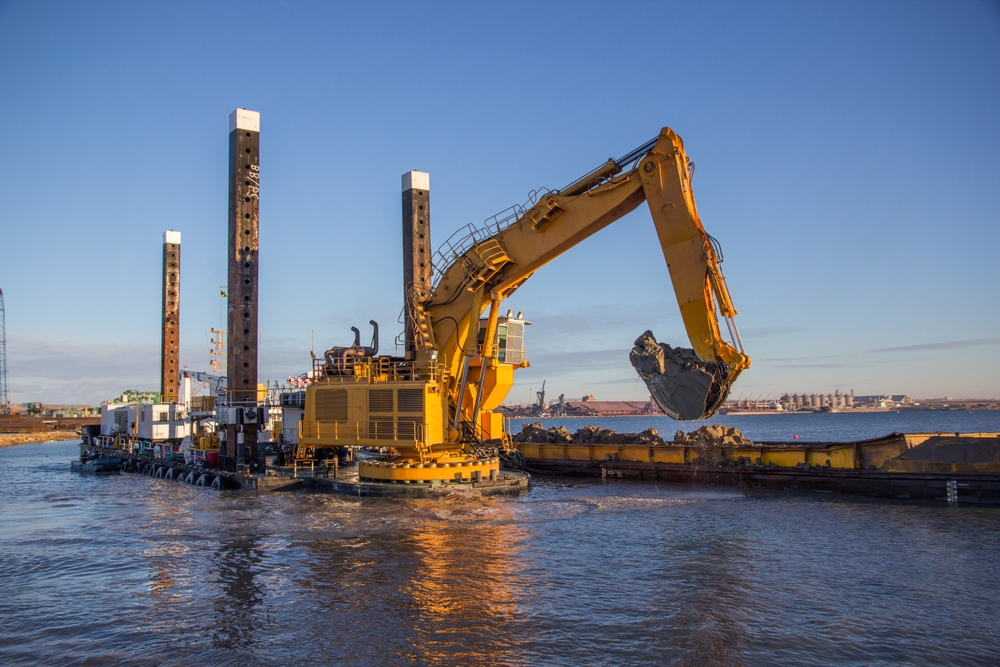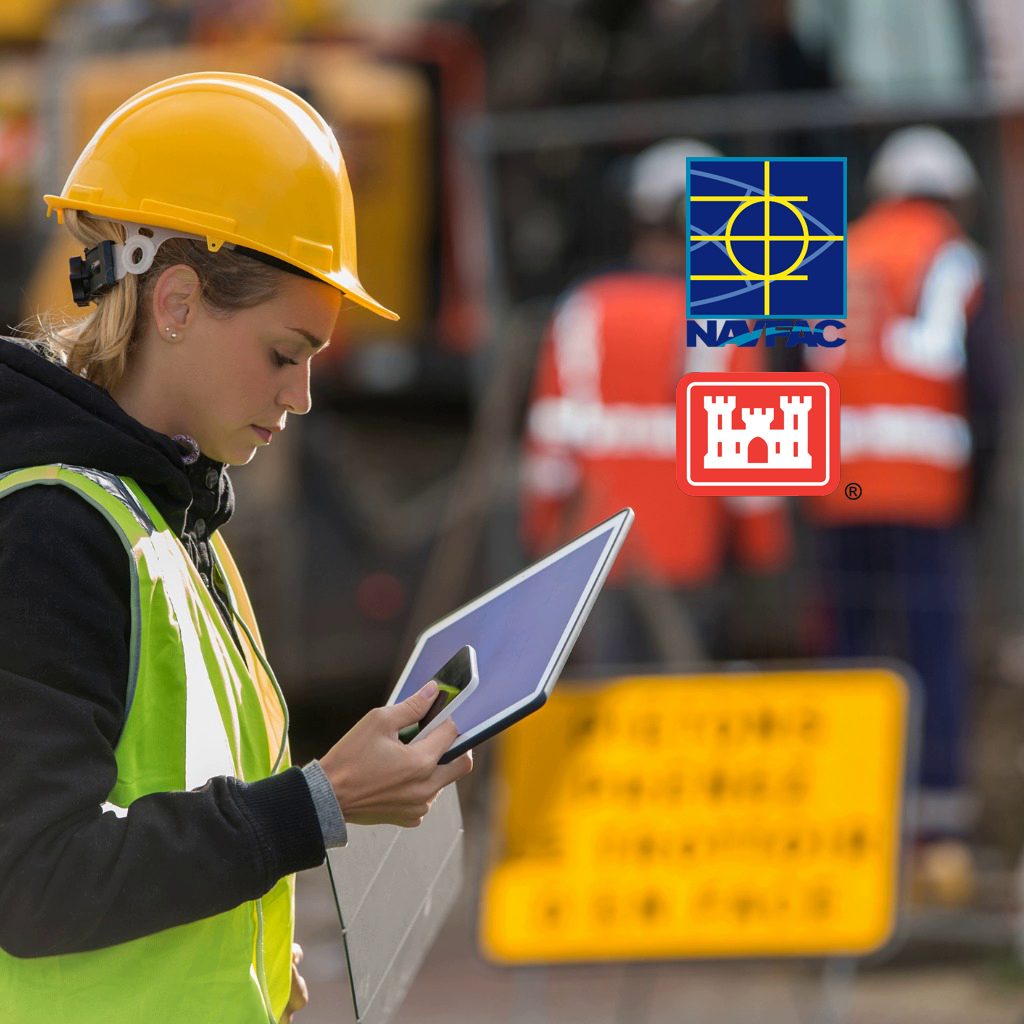ENSURING OSHA COMPLIANCE IN TN

Tennessee is a state in the southeastern United States. Tennessee is the 36th most extensive and the 17th most populous of the 50 United States. The capital and second-largest city is Nashville, which has a population of 654,610. Kentucky borders Tennessee to the north, Virginia to the northeast, North Carolina to the southeast, Georgia and Alabama on the south, and Mississippi on the west.
Tennessee was an important area for Native Americans for thousands of years before European exploration and settlement. All Native American tribes in what became Tennessee were part of a single confederacy. What is now Tennessee was considered part of North Carolina until 1803, when it became its territory; it later became part of both Alabama Territory (1814) and Mississippi Territory (1817), before
The Great Smoky Mountains National Park (GSMNP) is one of America’s most popular national parks. GSMNP has more than 800 species of plants and animals living within its boundaries. The park contains over 150 waterfalls that are at least 60 feet high.
Tennessee's construction history began in 1785 when President George Washington signed legislation authorizing two companies to build a road from East Tennessee to Kentucky. In 1796, Nashville became Tennessee's first capital, and in 1803 Memphis became the second capital. In 1817, Nashville replaced Knoxville as capital for ten years until 1827, when it was replaced by Murfreesboro, where it remained until Nashville reclaimed its status as capital in 1845.
In 1673, English settlers from Virginia established a settlement on the Watauga River near present-day Elizabethton. In 1769, James Robertson and a party of 11 men from North Carolina established Fort Watauga at Sycamore Shoals (now Elizabethton). Robertson's party was attacked by Cherokee warriors led by Dragging Canoe on June 22, 1772. Still, they managed to survive and hold off the attackers until they could be relieved by colonial militia forces from Virginia and North Carolina.
Construction is a dangerous job. The dangers of construction work include falls, electrocution, and infection from bacteria.
Construction workers are also at risk of being injured by materials such as glass, metal, or wood.
Construction safety hazards are an issue that needs to be addressed to protect the lives of the people who work in this industry.
Construction safety is a growing concern for many countries. As the construction industry grows, it is important to ensure that everyone is safe.
The construction industry has seen exponential growth in recent years. This growth has been accompanied by a surge in accidents and fatalities on construction sites.
Construction safety is an increasing concern for many countries as the industry grows and expands. Everyone must be safe to continue to build and progress in our society.
Safety management is important, and many measures can be taken to ensure the safety of those working on construction sites, such as:
- Mandatory training on safety
- Regularly checking equipment for any defects
- Having designated "safety zones" where no work is allowed unless a supervisor has cleared it
SSHOs are responsible for ensuring that the workplace is safe and healthy. They are also responsible for enforcing safety and health regulations and advising management on how to protect their employees from hazards.
They need to have a broad understanding of safety and health issues in the workplace. They must be able to recognize hazards, take action to control them, and have knowledge of the correct procedures for handling emergencies.
The responsibilities of site safety and health officer include:
- Ensuring that safe work practices are followed on the construction site
- Conducting inspections to identify hazards in the workplace
- Working with management to develop emergency plans
- Providing post-accident assistance to injured workers
- Providing education on hazardous materials and processes to workers
Titan Consultant is not just safety and health consulting company. We are committed to providing safety, wellness, and excellence.
Site Safety And Health Officers (SSHOs) Are Our Specialties
SSHOs are required to ensure that construction projects are safe for everyone involved, including the contractors, project managers, site supervisors, and other professionals.
Our SSHOs are qualified to provide: compliance assistance, safety training, and orientation programs for employees, contractors, and visitors; onsite safety inspections; preparation of safety compliance documentation; emergency response planning; hazard identification and assessment; confidential consultations regarding safety matters or any other general inquiry related to safety or health.






















